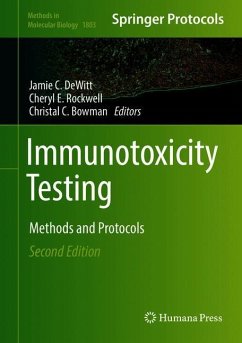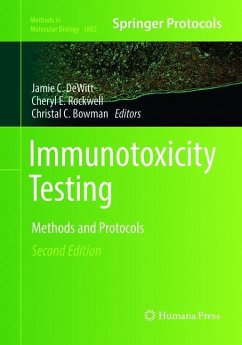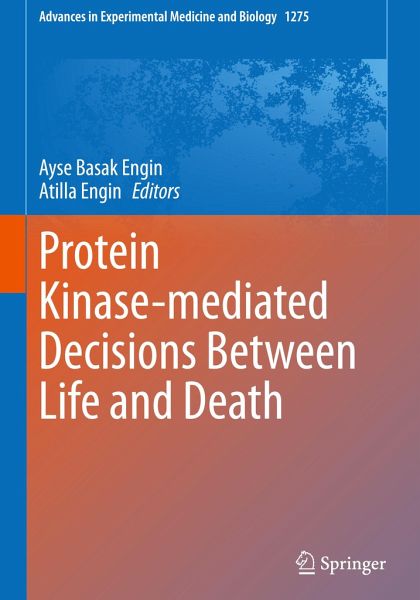
Protein Kinase-mediated Decisions Between Life and Death

PAYBACK Punkte
76 °P sammeln!
Protein phosphorylation via protein kinases is an inevitable process that alters physiological and pathological functions of the cells. Thus, protein kinases play key roles in the regulation of cell life or death decisions. Protein kinases are frequently a driving factor in a variety of human diseases including aging and cellular senescence, immune system and endothelial dysfunctions, cancers, insulin resistance, cholestasis and neurodegenerative diseases, as well as bacterial resistance in persistent infections. Recent developments in quantitative proteomics provide important opinions on kina...
Protein phosphorylation via protein kinases is an inevitable process that alters physiological and pathological functions of the cells. Thus, protein kinases play key roles in the regulation of cell life or death decisions. Protein kinases are frequently a driving factor in a variety of human diseases including aging and cellular senescence, immune system and endothelial dysfunctions, cancers, insulin resistance, cholestasis and neurodegenerative diseases, as well as bacterial resistance in persistent infections. Recent developments in quantitative proteomics provide important opinions on kinase inhibitor selectivity and their modes of action in the biological context. Protein Kinase-mediated Decisions Between Life and Death aims to have the reader catch insights about up-to-date opinions on "Protein Kinases" related pathways that threaten human health and life. As "Protein Kinases" are related to many health problems, clinicians, basic science researchers and students need thisinformation.
Chapter "Signal Transduction in Immune Cells and Protein Kinases" is available open access under a Creative Commons Attribution 4.0 International License via link.springer.com.
Chapter "Signal Transduction in Immune Cells and Protein Kinases" is available open access under a Creative Commons Attribution 4.0 International License via link.springer.com.





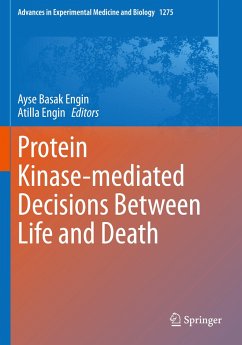
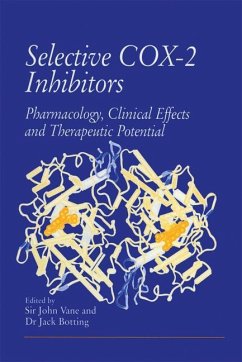
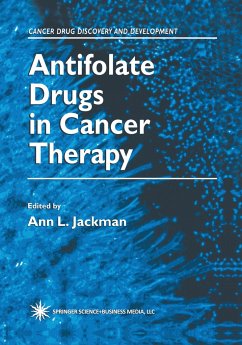
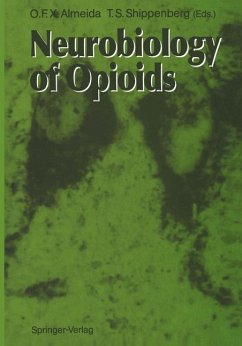
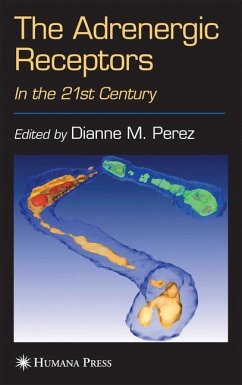
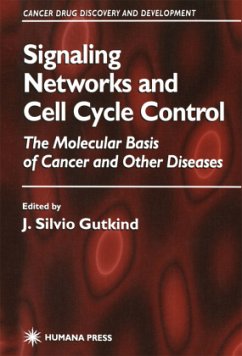
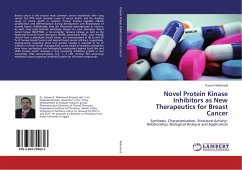
![New [1,4]Dihydropyridines for P-gp Mediated Efflux of Anticancer Drugs Cover New [1,4]Dihydropyridines for P-gp Mediated Efflux of Anticancer Drugs](https://bilder.buecher.de/produkte/41/41960/41960350n.jpg)
